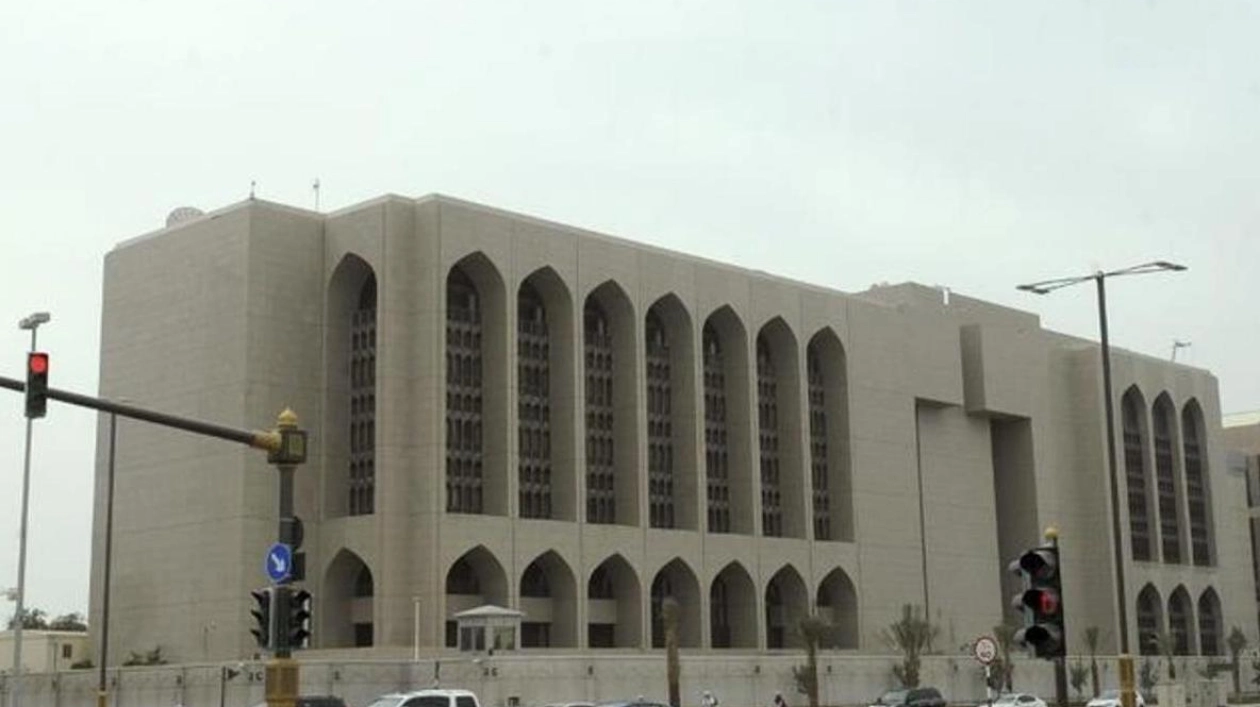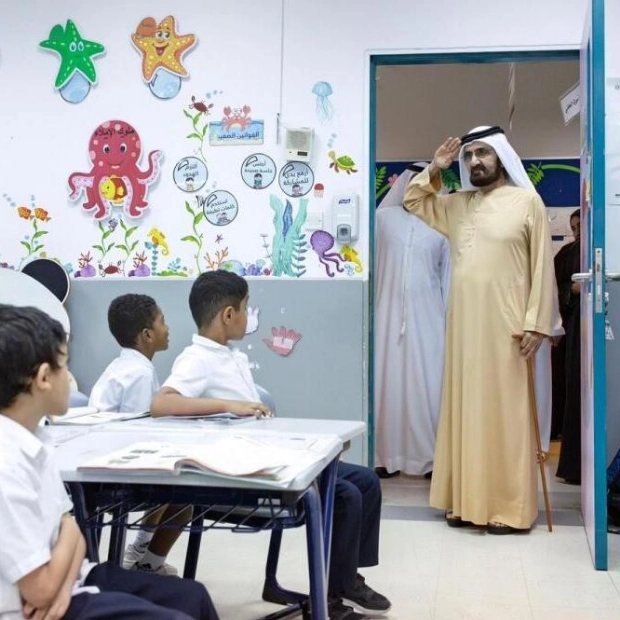The Central Bank of the UAE (CBUAE) has revised its GDP growth forecast for 2024 upwards to 4.0 per cent, up from the previous estimate of 3.9 per cent, attributing the change to enhanced performance in the oil sector. The bank anticipates a 6.0 per cent GDP growth for 2025, driven by the UAE's strategic diversification efforts, supported by a series of bilateral Comprehensive Economic Partnership Agreements (Cepas). These Cepas are projected to boost the country's exports by 33 per cent and contribute over Dh153 billion to the GDP by 2031. The UAE, aiming to secure 26 Cepa agreements, has already established trade treaties with India, Turkey, Israel, Cambodia, and Georgia, with ongoing negotiations with Japan, Serbia, New Zealand, and Ecuador.
In the first half of this year, the UAE's non-oil foreign trade reached a record Dh1.4 trillion, driven by a 25 per cent year-on-year increase in non-oil exports, which led to an 11.2 per cent annual rise in overall non-oil foreign trade, according to recent government data. The CBUAE's 2023 Financial Stability Report highlights that the UAE's financial system remained robust in 2023, shielded from global economic downturns by favorable domestic conditions. The country's real GDP grew by 3.6 per cent in 2023, fueled by a strong 6.2 per cent expansion in the non-oil sector, particularly in tourism, real estate, and finance.
Khaled Mohamed Balama, Governor of the CBUAE, emphasized the resilience of the UAE's financial system in the face of global challenges, stating that ongoing efforts to strengthen financial infrastructure and implement stringent regulatory measures are crucial for sustainable economic growth and maintaining the UAE's status as a leading financial hub. The report provides a thorough evaluation of the UAE's financial system, showcasing the banking sector's resilience through robust capital buffers, favorable liquidity conditions, improved asset quality, and increased profitability.
The CBUAE's report also addresses global and local macroeconomic trends, money market developments, domestic asset markets, and offers a detailed assessment of the UAE banking system, non-bank financial institutions, and broader financial infrastructure. The report underscores the effectiveness of the CBUAE's policy interventions, highlighting the results of a 2023 stress test that confirmed the banking system's ability to withstand challenges such as inflation and market uncertainty. The CBUAE also reiterated its commitment to sustainability, piloting a climate risk scenario analysis to identify necessary proactive mitigation measures.
The UAE's insurance sector maintained its resilience, with adequate solvency, growth in gross written premiums, and improved profitability. Finance companies also showed adequate capitalization, with enhancements in liquidity and overall profitability. The UAE's exchange business continued to grow steadily, reflecting increased business activities. Significant progress was made in enhancing financial stability through initiatives under the National Payment Systems Strategy, including the establishment of Al Etihad Payments and the launch of the Instant Payment Platform 'Aani'. The CBUAE also announced the initial launch of the Digital Dirham in 2024 as part of its Central Bank Digital Currency programme.
The UAE's completion of the Financial Action Task Force (FATF) Action Plan requirements and exit from the enhanced monitoring process in March 2024 were recognized, reflecting the CBUAE's efforts in combating money laundering and terrorist financing. The establishment of the Financial Stability Council in 2023 aims to strengthen coordination and ensure the financial system's contribution to sustainable economic development.






